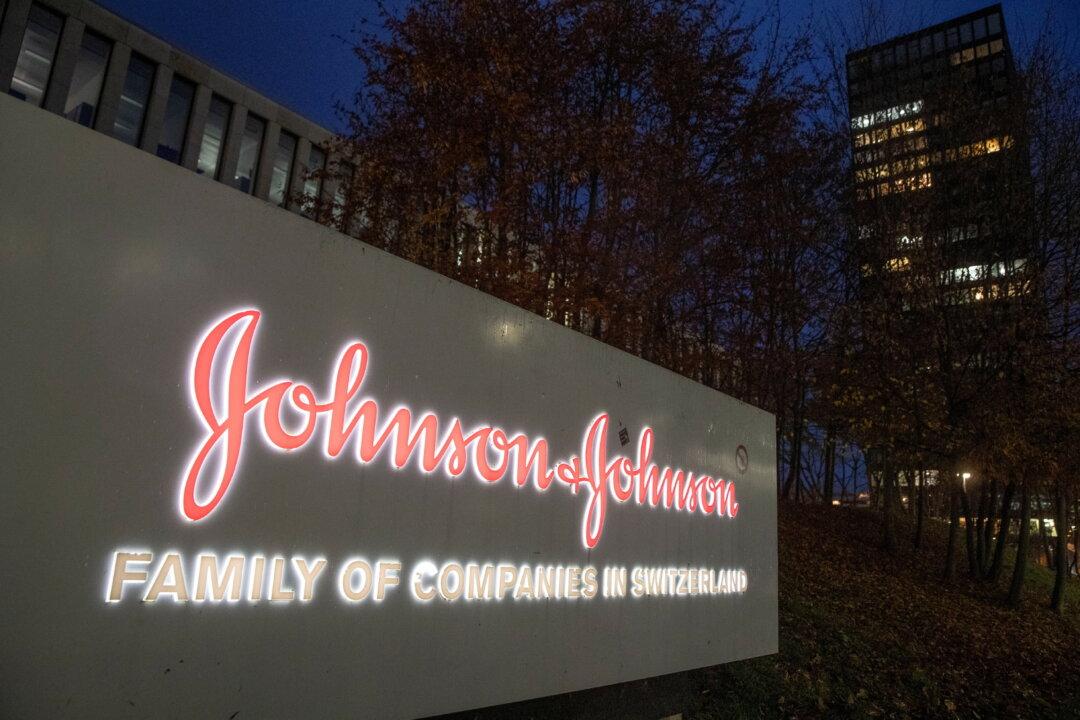A $224 million jury verdict against Johnson & Johnson that was awarded to four people who alleged they developed cancer from using the pharmaceutical company’s talcum-powder products was dismissed by a New Jersey appeals court.
In 2019, Johnson & Johnson (J&J) was ordered to pay New Jersey residents Douglas Barden, D'Angela McNeill-George, William Ronning, and David Etheridge $37.2 million in compensatory damages and $750 million in punitive damages.





